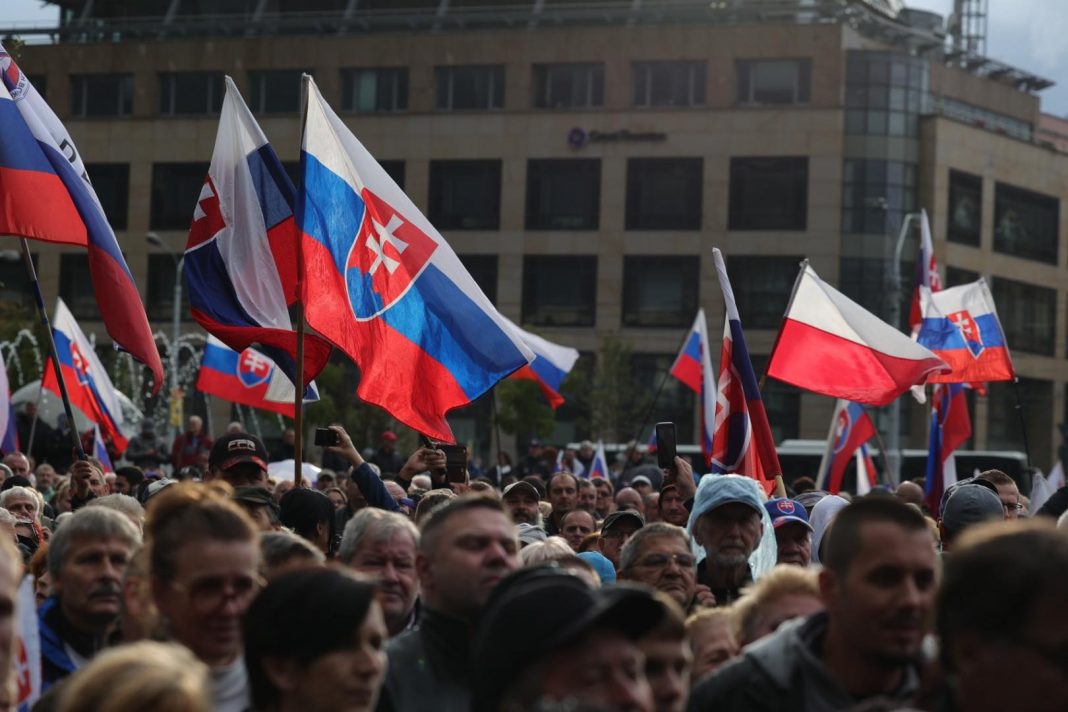After a year of a full-scale Russian invasion of Ukraine, a stable anti-Russian coalition has formed in Eastern Europe. However, despite the regular statements and actions of Hungary, which often delay the adoption of certain decisions within the European Union, its position certainly cannot be considered entirely pro-Russian, since Budapest, although without any extra initiative, still provides significant support to Ukraine in the form of humanitarian aid.
At the same time, much less attention is paid to Slovakia, which a year ago was considered the state of Eastern Europe with the most potent pro-Russian sentiments among the local population.
Now, Slovakia is demonstrating completely different views on the situation in Ukraine, supporting its position with real actions in the form of transferring air defence systems and other military equipment and weapons. Moreover, in mid-February, Slovak Defense Minister Yaroslav Nagy announced that the Slovak government was determined to transfer MiG-29 fighter jets to Ukraine.
At the same time, despite the confident position of the Slovak authorities concerning Ukraine, it is worth paying attention to the activation of opposition forces, whose moods are different from the pro-Western positions of the current government.
In this paper, Ascolta analyses the political situation in Slovakia, which is increasingly predicted by the strengthening of opposition forces and the threat of revenge by pro-Russian politicians.
It is important to note that since the days of the Warsaw Pact, Slovakia has maintained very moderate sentiments towards the West and has been in no hurry to break friendly ties with Russia. This factor was very revealingly displayed in public sentiments within the state. Compared to the more liberal Czech Republic, Slovakia confidently balanced between West and East, preferring to be friends with both, receiving all possible economic and social benefits.
The historical and political overview
In the late 1980s, like the rest of Eastern Europe, Slovakia experienced the Velvet Revolution. More precisely, it entered the revolution as part of the Czechoslovak Socialist Republic (Czechoslovakia). It left it first as the Czech and Slovak Federative Republic (CSFR) and later as the Slovak Republic. The separation of the Czechoslovak Socialist Republic into two independent states, which took place relatively quickly, is still the only example of a peaceful and agreed change of state borders in Europe, established by the Helsinki Final Act of 1975.
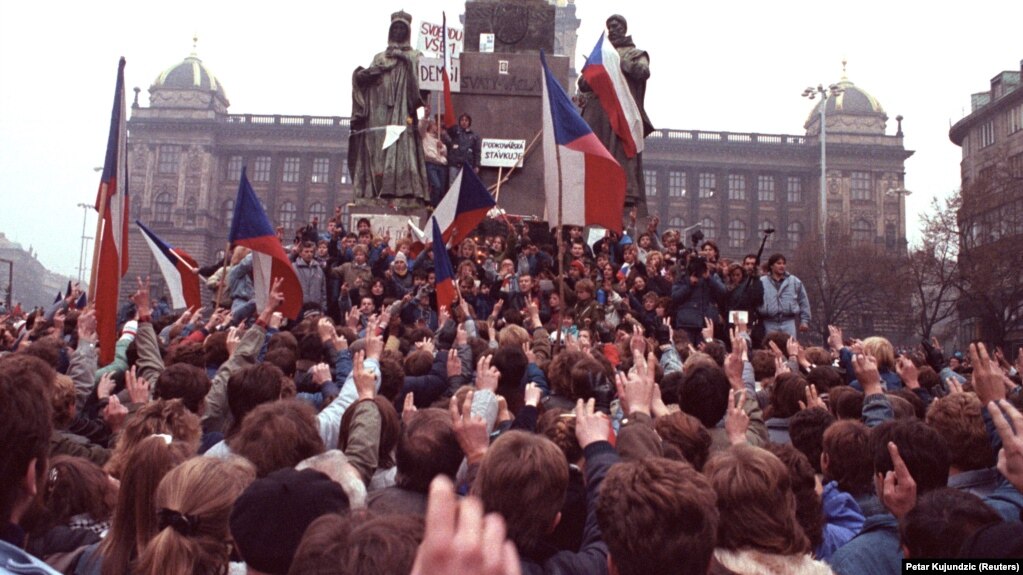
As an independent state, Slovakia had existed since January 1, 1993, when the Constitution came into effect, and the world community accepted the independence of two separate states (the Czech Republic and Slovakia).
Already in 2002, Slovakia received a NATO Membership Action Plan (MAP), and two years later (March 29, 2004), together with Bulgaria, Latvia, Lithuania, Romania, Slovenia and Estonia, fell into the so-called fifth wave of NATO expansion to the East and became a new member of NATO. Also, on May 1, 2004, Slovakia was admitted to the European Union and gradually integrated into other organisations within the EU (in December 2007 – the Schengen zone; in January 2009 – the Eurozone).
According to the Constitution, the head of state in Slovakia is the president, elected by direct universal suffrage for a 5-year term. Most executive power is vested in the head of government – the prime minister – who is usually the leader of the party or coalition that wins the majority in parliamentary elections and is appointed by the president. The highest legislative body of Slovakia is the 150-seat unicameral National Council of the Slovak Republic. Delegates are elected for a term of 4 years.
The economic overview
Surrounded on the north and northeast by the mountain ranges of the Western Carpathians, Slovakia is a relatively small country with a population of about 5.5 million people. Positioned as a developed industrial-agrarian state.
In the early 2000s, Slovakia began to actively implement a policy of attracting foreign investment, which had a positive impact both on the political vector of the country (accession to the EU and NATO) and on economic development. As a result, in a few years, the automotive industry began to develop most actively in Slovakia. In the capital of Slovakia, on the territory of the buildings of the Bratislava Automobile Plant, a Volkswagen plant, a Peugeot plant in Trnava, and Kia Motors in Zilina were built. Currently, Slovakia produces about 1 million cars annually, and the share of vehicles in the country’s exports exceeds 30%.
In Slovakia, oil, natural gas and brown coal are produced, which meet the economy’s needs. Oil covers 1% of domestic energy needs, gas – 3%, and brown coal – about 80%. Also, in addition to the automotive industry, several large industrial enterprises operate in Slovakia: the metallurgical plant “U. S. Steel Košice” and the SLOVNAFT refinery, a large Samsung plant focusing on the production of televisions and household appliances.
The current political situation in Slovakia
In 2020, quite severe political upheavals occurred in Slovakia, which significantly affected the positions of the pro-Russian forces. An unknown eco-activist Zuzana Chaputova won the presidential election.
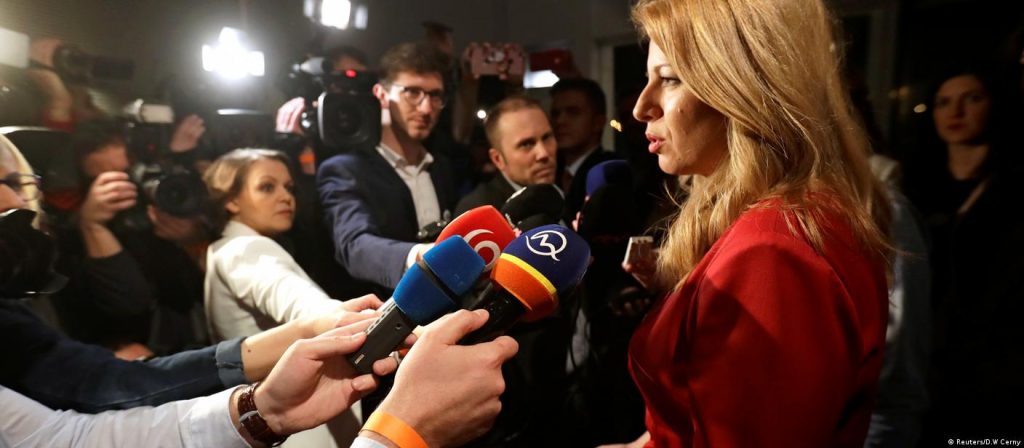
It is worth noting that it was difficult to accuse Chaputova’s predecessor, Andrei Kiska, of pro-Russian views. Moreover, he entered the history of independent Slovakia as the first president without a communist past. During the 2014 presidential election, Kiska made it to the second round with Robert Fico (the leader of the Kurs-Social Democracy party, who at the time was the Prime Minister of Slovakia), winning a landslide victory. Nevertheless, the number of propaganda materials in the Russian media in 2014, in every possible way denigrating and insulting Andrey Kiska, testified to Moscow’s apparent dissatisfaction with the rapid loss of influence on the countries of Eastern Europe.
In 2020, the situation repeated itself: in the second round, Chaputova was defeated by 52-year-old Deputy President of the European Commission Maros Sefcovic, a graduate of MGIMO and a former member of the Communist Party of Czechoslovakia. And although Šefčović ran as an independent candidate, he was supported by Robert Fitz’s Smer (Kurs) party and the Slovak Bishops’ Conference.
At the same time, despite the openly pro-Western position of Andrei Kiska and Zuzana Chaputova (in their biographies, it is difficult not to notice the influence of structures close to George Soros), over the past ten years, the situation in the Slovak Government has been radically different. Considering that in the political system of Slovakia, the prime minister is endowed with broader powers than the president, this position has always become an occasion for a fierce struggle for a strategically important seat in the state government.
Notably, under the presidency of Andrei Kiska, the well-known Slovak politician Robert Fico, the leader of the Smer party (Kurs – Social Democracy), was the prime minister of Slovakia. In 2012, Fico’s party won a majority in the parliamentary elections, which allowed him to form the first in the history of independent Slovakia. This one-party coalition lasted until the next elections in 2016. Having taken the post of prime minister under Ivan Gasparovich, Fico managed to maintain a stable position even under Andrei Kiska.
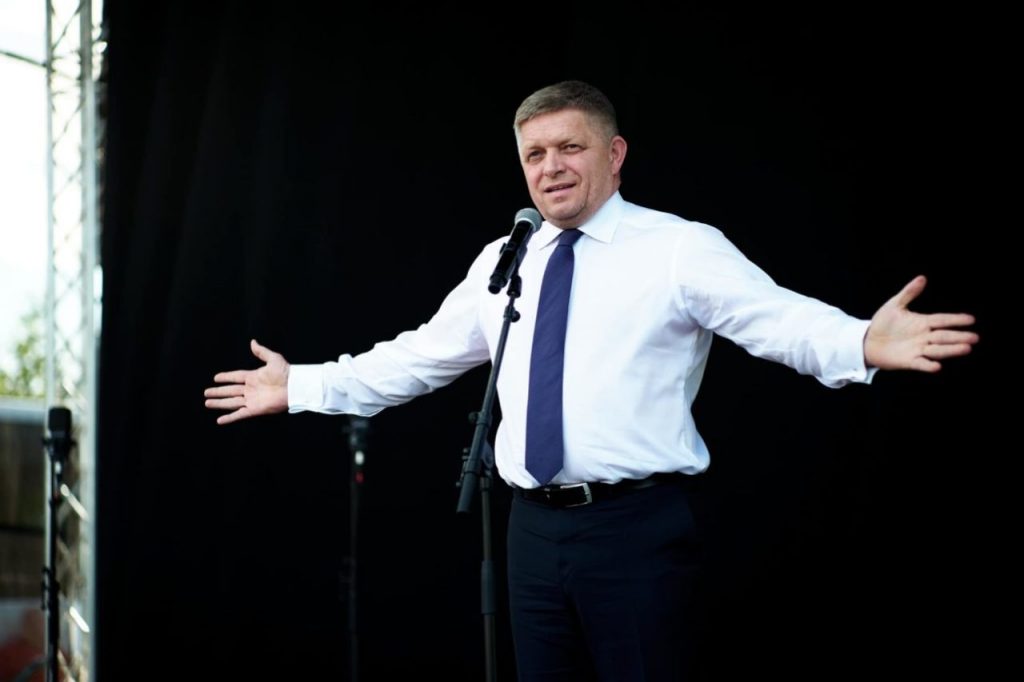
In the parliamentary elections of 2016, 24 political parties were registered, three times more than in 2012. This technology contributed to a significant blurring of the electorate. Fitzo’s party managed to once again take first place in the voting but received only 49 seats in Parliament, as a result of which it was forced to form a coalition with the Siet parties (Slovak Conservative Party, founded by Radoslav Prochazka, a former member of the Christian Democratic Movement), and Most (a political party in Slovakia representing the interests of the Hungarian minority predominantly).
In 2018, Slovakia plunged into a major political crisis following the murder of investigative journalist Jan Kuciak and his fiancée. Kuciak was investigating tax fraud and connections of the Italian mafia with Slovak politicians. After massive protests, Robert Fico was forced to resign. True, Fico’s longtime colleague, Peter Pellegrini, came to his place.
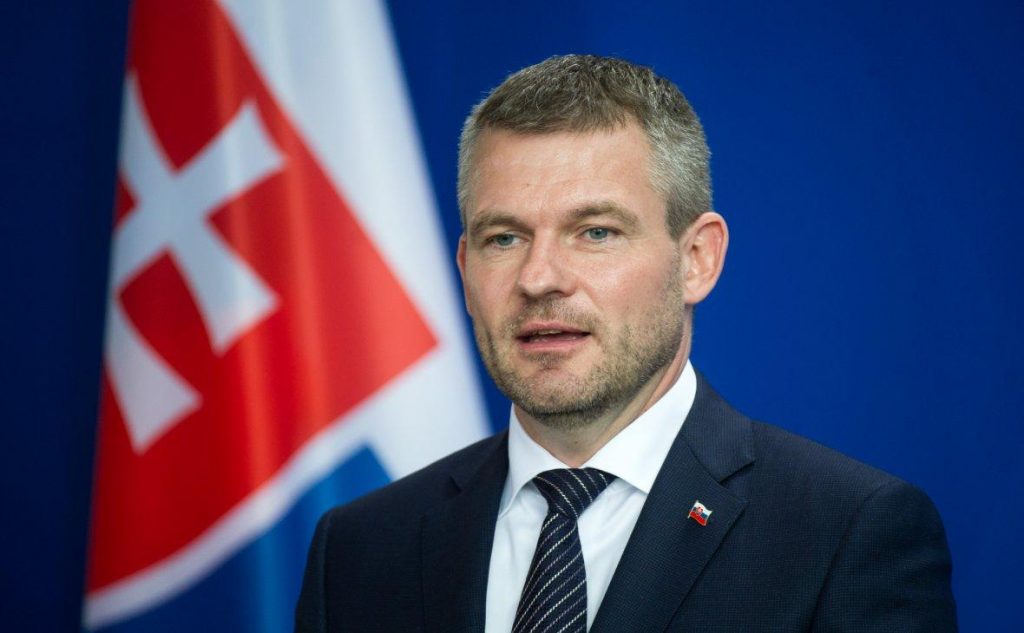
Pellegrini was elected to the Slovak Parliament in 2006 from Fico’s “Smer” (Kurs) party. From 2012 to 2014, he served as State Secretary at the Ministry of Finance of Slovakia. Later he headed the Ministry of Education, Science, Research and Sports. For two years (from 2014 to 2016), he was the chairman of the Slovak Parliament, and in 2016 he accepted Fico’s offer to become his deputy. After the resignation of Robert Fico, Pellegrini became acting prime minister of Slovakia and, five days later, was confirmed in this position by Andrei Kiska. However, many analysts noted that replacing Fico with Pellegrini was only a technical element of the game to reduce societal tension, and the political system, like its grey cardinals, remained the same.
The battle for the prime minister’s post
In the 2020 parliamentary elections, the overtly populist Ordinary People party took the lead with 25% of the vote and 53 seats in parliament. The leader of the party, Igor Matovic, was appointed prime minister and formed a coalition with the Freedom and Solidarity party, led by Richard Sulik, who received the portfolio of Minister of Economy.
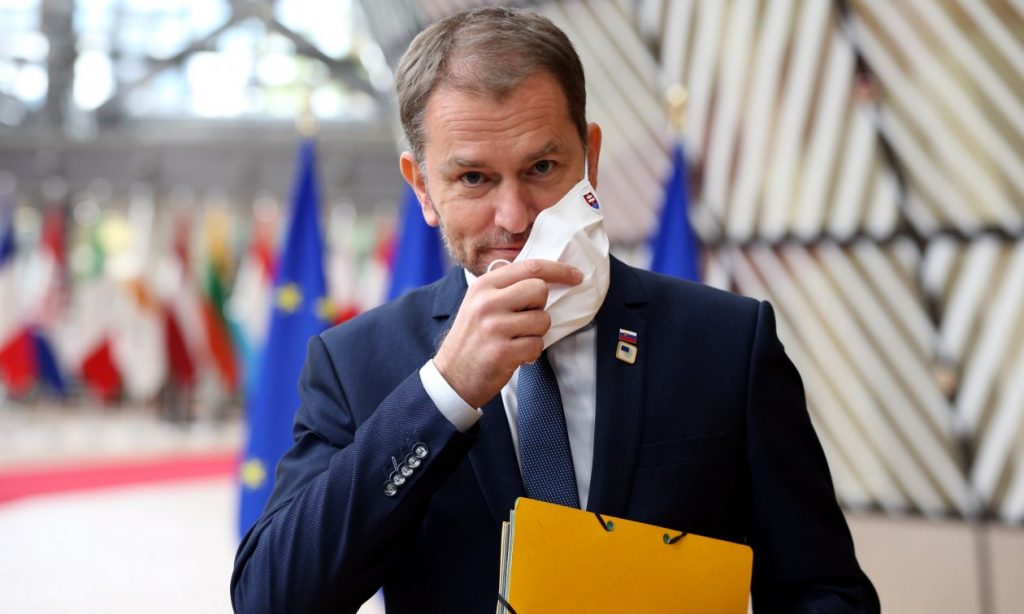
True, this coalition did not last long. In 2021, another political crisis occurred in Slovakia: the Government of Igor Matovich purchased a batch of the Russian Sputnik-V coronavirus vaccine for Slovakia. As a result, Matovic was forced to resign, as well as all the government members. At the same time, Zuzana Chaputova proposed to form a new government with Eduard Heger, the Deputy Prime Minister and Minister of Finance of Slovakia in the Matovic government (he was elected to parliament from Matovic’s Ordinary People party). In Slovakia, Heger is often called the king of vodka (before starting a political career, he owned a business for producing and exporting alcoholic beverages).
In fact, another exchange took place in the government: Eduard Heger received the post of Prime Minister, and Igor Matovich was appointed Deputy Prime Minister and Minister of Finance in the Heger government.
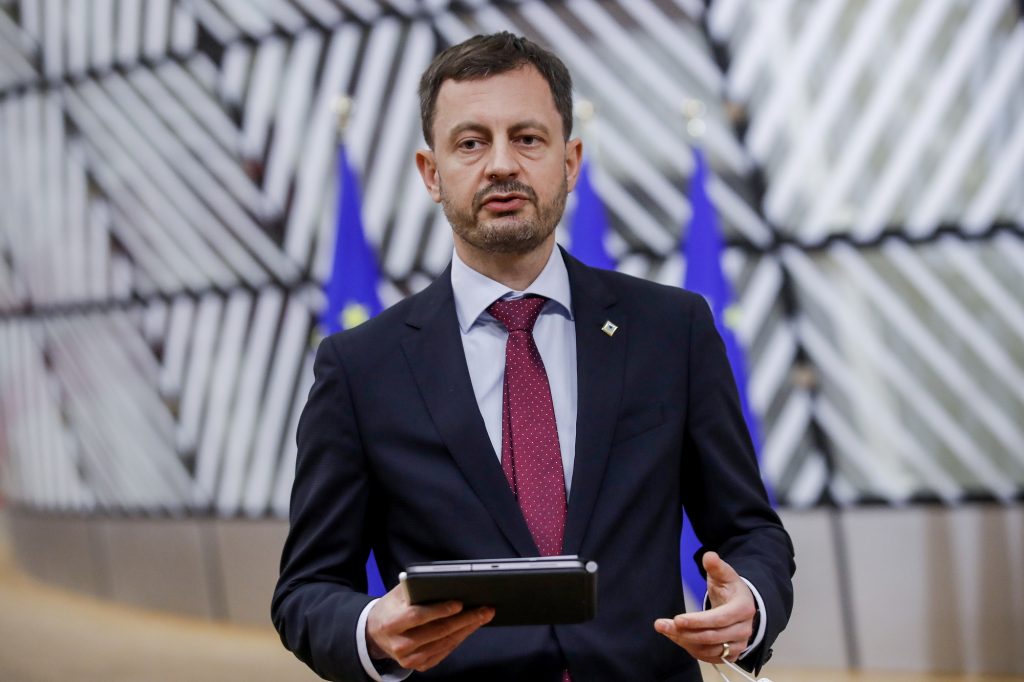
True, the conflict in the Slovak coalition did not end there. The populist antics of Matovich did not end. In March 2021, in an interview, a journalist asked Matovic what he had promised Moscow in return for providing a vaccine, to which the Slovak prime minister replied, “Transcarpathian Ukraine.” He immediately explained his joke by saying that it was a reaction to the prevailing erroneous opinion that any agreements with Moscow involve transferring territories. Still, such an excuse did not help to extinguish the scandal, which reached an international level.
The collapse of the coalition and the threat of early elections
In August 2022, the Minister of Economy and leader of the Freedom and Solidarity Party (part of the government coalition), Richard Sulik, issued an ultimatum to Eduard Heger in connection with his disagreement with the actions of Finance Minister Igor Matovich. This time the reason was the draft measures to combat inflation, which the Ministry of Finance introduced. As a result, parliament overturned the presidential veto imposed on the event, after which Freedom and Solidarity began to boycott the government meeting, tore up the coalition agreement and demanded the adoption of a new one. Otherwise, the party announced its withdrawal from the government of ministers at the end of August.
Already in September, the government coalition in Slovakia lost its majority. First, Richard Sulik announced his resignation, followed by Foreign Minister Ivan Korchok, Justice Minister Maria Kolikova and Education Minister Bronislav Groening.
The government crisis intensified throughout the autumn, and in mid-December, the Slovak Parliament passed a vote of no confidence in the government led by Heger. Seventy-eight deputies supported this decision.
After the Heger government resigned, Slovakia actively talked about holding early elections. To implement such a scenario, adopting amendments to the current legislation is necessary. It was assumed that the required changes would be adopted in January, which would pave the way for early elections in the spring of 2023. However, such processes have slowed down as of the beginning of March.
But what about the pro-Russian forces in Slovakia?
Notably, in 2016, the ultra-right party, “People’s Party Our Slovakia”, headed by Marian Kotlaba, entered the Parliament of Slovakia. Several Ukrainian media have dubbed Kotlaba a pro-Russian politician who defends Russian narratives. First of all, this is due to Kotleba’s appeal to Viktor Yanukovych, which he made on January 31, 2014. In it, he compared the events in Ukraine with terrorism and supported the position of Yanukovych. At the same time, both Kotlaba himself and his Our Slovakia party have never positioned themselves as pro-Russian. Instead, they acted as an anti-Western political force campaigning for Slovakia’s withdrawal from NATO and the EU. Also, supporters of Kotlaba support the idea of combating the Islamization of Europe and oppose migrants. Kotlaba has been serving a four-year sentence since 2020 for the illegal use of Nazi symbols (in 2017, he gave bank checks worth 1488 euros to three low-income families. The number 1488 has a symbolic meaning for neo-Nazis and white supremacist racists).
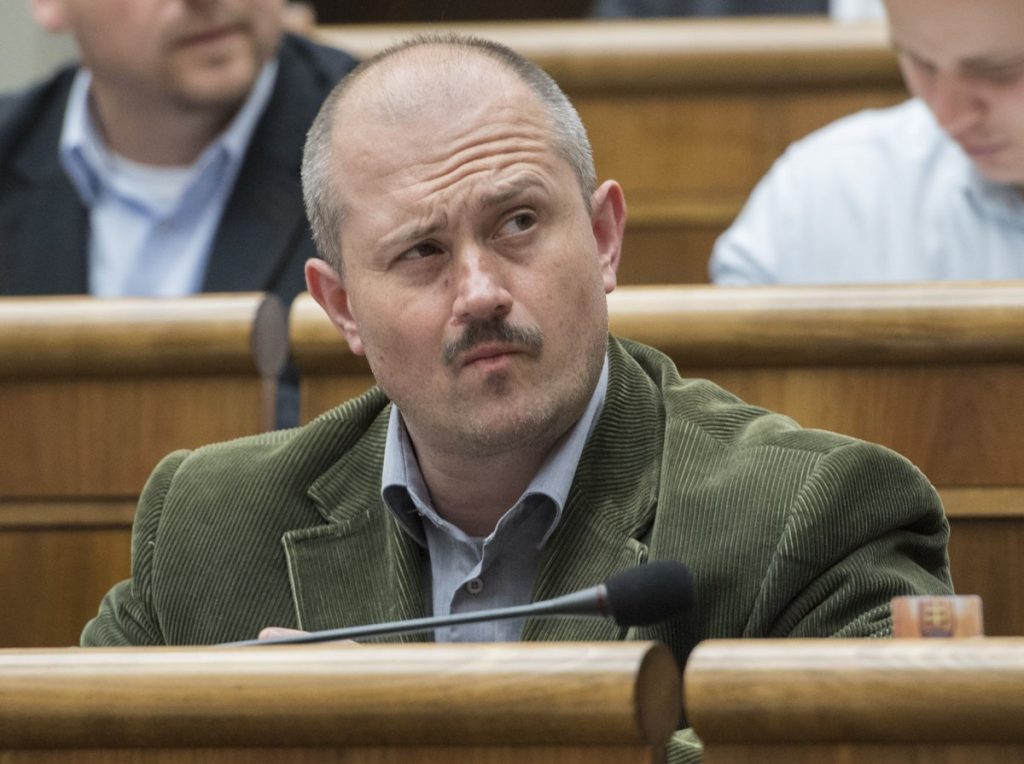
In the 2020 parliamentary elections, Kotleba’s party added his name to its name (“Kotlebovci – People’s Party Our Slovakia”) and showed almost the same result as in 2016 – 8%, receiving 17 seats in parliament.
In early February 2022, another scandal occurred in the Slovak parliament. Against the background of discussing a defence agreement with the United States, which would allow America to use the airports in Slovakia, a conflict broke out between parliamentarians. Deputies of the People’s Party Our Slovakia (ĽSNS) Andrei Medvecki and Peter Krupa stood with the Slovak flag at the speaker’s podium and blocked it. Deputies of the liberal party “Freedom and Solidarity” (SAS) Yana Bitto Tsiganikova and Miroslav Zhyak reacted by unfurling the Ukrainian flag in front of them. First, Medvetsky started pouring water on Zhyak and the Ukrainian flag. Then Medvetsky’s party comrades-in-arms, Marek Kotleba and Stanislav Mizik tore the Ukrainian flag out of Zhyak’s hands. At the end of the meeting, Miroslav Zhyak made a statement to the press in which he said that he was applying with the court to initiate a criminal case on the theft of the Ukrainian flag.
Also, in addition to the part above of Marian Kotlaba, the parts of Robert Fico’s “SMER” and Peter Pellegrini’s “Voice” are often referred to as pro-Russian. However, according to recent sociological studies, both projects demonstrate leading positions in possible early elections if they occur soon.
At the same time, Robert Fico previously promised to stop the supply of weapons to Ukraine and provide Kyiv with only humanitarian aid. His former party member and close associate Pellegrini is more “ambiguous” on the issue of EU policy but supported the government’s resignation. Since Pellegrini’s party is in the lead, if he wins, he will have the opportunity to form various coalitions, including with Fico’s party – the second most popular after the “Voice”, according to polls.
Overall
Despite accusations of excessive pro-Russian views, which raise concerns among some outside observers (including Ukrainians), it is essential to note that the positions of Robert Fico and Peter Pellegrini are more anti-Western than pro-Russian. And in this case, it is necessary to consider a very noticeable line between these concepts.
The left in Slovakia has always maintained friendly relations with Moscow but did not cross them from the point of view of national interests. Moreover, after February 24, 2022, such friendship has noticeably weakened, which applies to Slovakia and most European states.
Fico is a longtime friend of Hungarian Prime Minister Viktor Orban, who is also accused of being too friendly with Moscow. At the same time, in this situation, it is important to consider both the very noticeable dependence of Slovakia on Hungary in economic terms and the equally strong dependence on Moscow in energy matters. Early in his political career, Fico was often accused of imitating the first Slovak Prime Minister, Vladimir Meciar, who was trying to build an overtly pro-Russian dictatorship. However, over time, Fico significantly transformed his views and came to a more pragmatic position, the main problem of which was inconsistency with the main interests of the West. This factor gives rise to the accusations of Fico and Pellegrini of their intention to change the foreign policy vector of Slovakia by improving relations with Moscow.
At the same time, it is crucial to understand that if Fico and Pellegrini return to power, the key risks arise not for Slovakia (membership in NATO and the EU does not make it possible to make fundamental changes in the foreign policy vector), but for Ukraine, which, may be left without such an active support of one of the nearest neighbours.
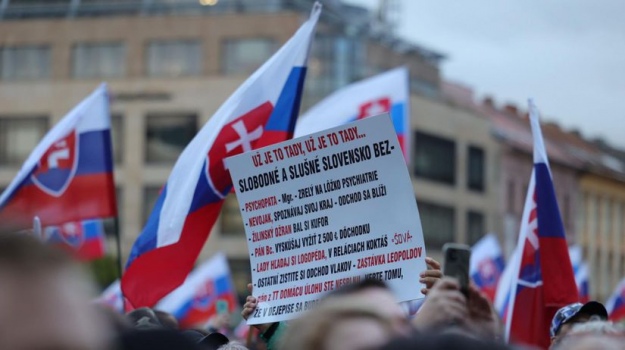
When analysing possible reshuffles in the political system of Slovakia, it is necessary to pay attention not so much to generally accepted stereotypes as to current trends both in domestic politics and in the political system of Europe as a whole. In this case, it is important to note that recently, parties with predominantly left-wing views, on which Moscow has placed its main bet for many years, are increasingly shifting into the orbit of Beijing’s influence, realising that the fundamental prospects for the coming years lie in this direction. At the same time, Russian propaganda and the broadest system of agents and lobbyists within Europe are increasingly strengthening ties with ultra-right and populist parties that build their activities on protest moods and radical criticism of the Western political system.
In this situation, it is much more important to pay attention to such parties’ activities both in Slovakia and throughout Eastern Europe. First of all, we are talking about the far-right parties “Kotlabovtsy – People’s Party Our Slovakia”, whose leader will be released next year after four years in prison, “We are a family” by Boris Kollar (speaker of the Slovak parliament), as well as those who have not passed to the parliament “Progressive Slovakia” Ivan Shtefunko and “Slovak National Party” Andrei Danko. According to Ascolta forecasts, it is these parties that, in the coming years, can form the basis for the activation of pro-Russian sentiments in Slovakia.
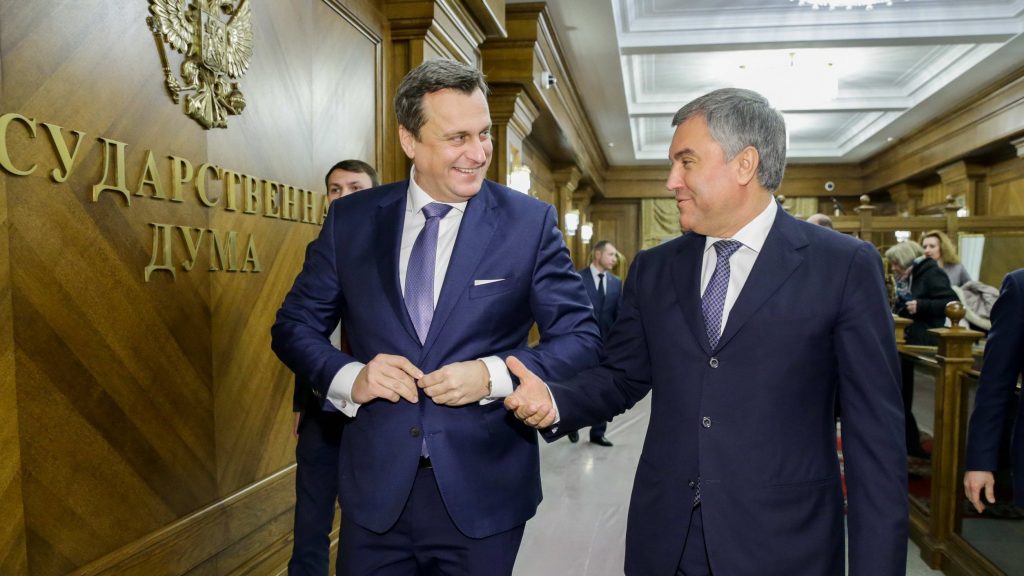
At the same time, it is important to pay attention to the fact that in the elections to local and regional authorities in Slovakia, which took place at the end of October 2022, the far-right coalition received minimal support, which also indicates very dubious support for anti-Western (respectively, anti-Ukrainian forces) in Slovakia).

